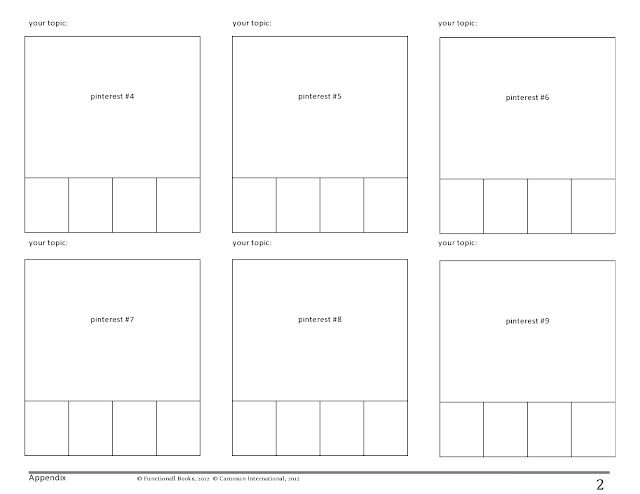This month marks the four-year anniversary since I stepped foot in an ESL classroom. One day I was a teacher and then. Well, then I wasn't.
I felt sick one Friday afternoon.
So. There I was, not a teacher, but a patient. A scared, medically-illiterate newcomer patient who no one had time to teach. There was no time.
And then I was a recovering patient, in isolation at home for weeks and months, starting to walk again, trying to digest what I'd been through. Angry for what I had and had almost lost. Grateful for my life but mostly angry. Angry because the doctors had failed in their duty. Angry because the life I had known was altered forever. But mine isn't a story of loss or anger. Nor is it a story of new beginnings. It is a story of starting something fresh and different from a familiar foundation—seeing and doing from a new perspective.
When the anger fog cleared and my strength improved, I still wanted to teach, but, more than anything: I wanted to unite my students with their community. The missing link for me as an adult educator in a domestic ESL environment was that the wealth of cultural and global knowledge my students possessed and shared was locked behind the classroom door at the end of day. My students had so much to give to the community and no one was listening—or took the time to listen.
The safe, inspiring, creative space we had built together allowed so much. Confidence. Language acquisition. Skill development. Cross-cultural awareness (if you've never seen a true example of multicultural diplomacy and negotiation, just watch a group of students from 6 different countries/cultures/language groups complete a project together). I've said it before: the ESL classroom is the shiny pearl of the Great Canadian Multiculturalism Project. It is no accident.
But the Project isn't complete and that inspiring space lacking if it doesn't touch the wider community. As I write this, I think: I'm an evangelist. And that's o.k. You see, when the fog cleared, I decided to bring the stories of these gifted, brave, multi-faceted, skilled, educated "ESL students" to the community. I decided to help them speak and write their knowledge and experiences (in English, of course—I'm an ESL instructor for goodness sake!). I decided to take everything I knew and the incredibly massive amount of things I didn't know—graphic design, publishing, marketing, public relations...the list goes on—and create a new space beyond the classroom door. A space where newcomers and immigrants can say: Hey! I'm here, and this is my story, my background, my culture, my knowledge. And a space where those more established in Canada can say: Welcome! Let me tell you a bit about me, what I know, and about our community.
That awesome space is
HERE! MAGAZINE* and I'm proud to say that not only has my classroom door burst wide open, but the students are leading the lesson. Just as it should be.
*launched in 2013 from the impossibly beautiful city of Victoria B.C., Canada












